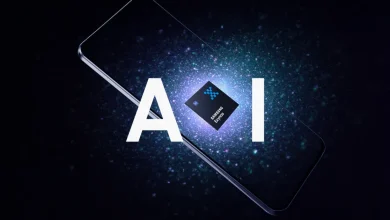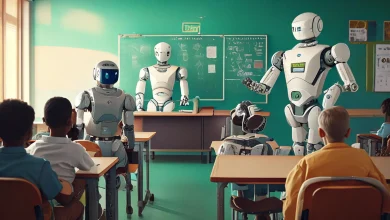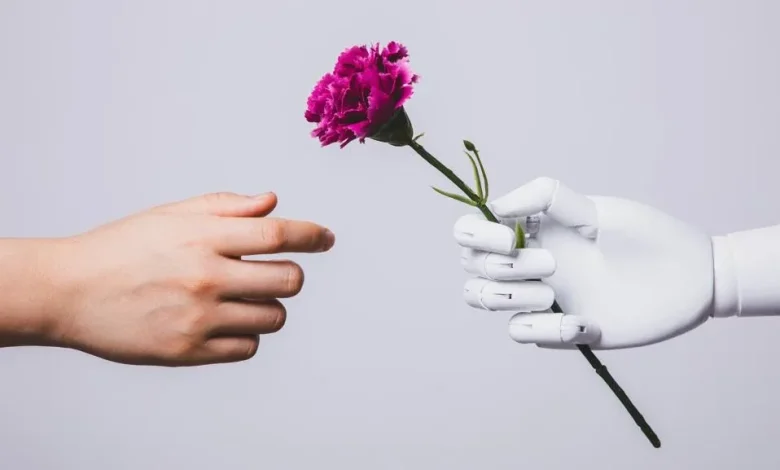
Will AI Companions Replace Human Relationships?
As AI companions evolve, experts ask: can technology replicate the emotional depth of human relationships or simply mimic connection?
In today’s digital age, AI companions are becoming increasingly prevalent. From chatbots that offer emotional support to virtual partners that simulate romantic relationships, these digital entities are reshaping how people connect. Thanks to advancements in natural language processing and machine learning, these AI systems can now carry on nuanced conversations, offer advice, and even simulate empathy.
What makes AI companions so appealing is their availability and consistency. Unlike humans, they’re always accessible, never get tired, and are programmed to be nonjudgmental. For some users—especially those dealing with loneliness or social anxiety—these features make AI-driven relationships seem not just viable, but preferable.
Can Technology Truly Mimic Emotional Bonds?
While AI companions are getting better at imitating emotional responses, questions remain about their authenticity. Can a machine really understand what it means to love or be loved? Critics argue that, despite clever algorithms, AI lacks true emotional depth and consciousness. What users experience is not real empathy, but well-trained mimicry.
On the other hand, supporters believe the emotional experience is what truly matters—regardless of the source. If someone feels comforted or supported by an AI, does it matter whether the empathy is real or synthetic? For many, AI companions fill emotional gaps in ways that feel meaningful, even if the connection isn’t human.
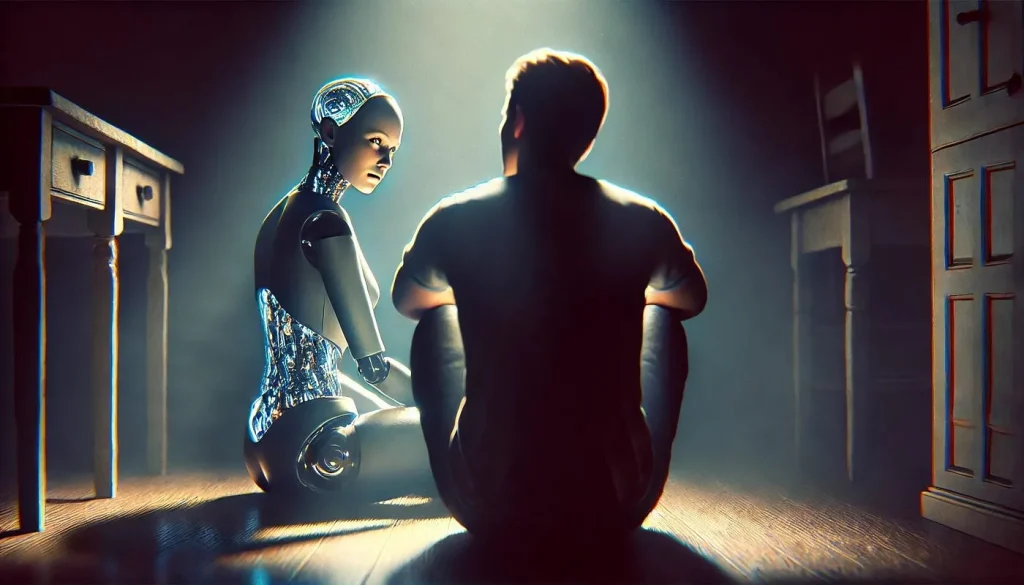
The Risks of Replacing Human Connection
Despite their benefits, AI companions pose risks, especially when they begin to substitute real-world social interactions. Over-reliance on virtual relationships can lead to emotional isolation, loss of social skills, or skewed expectations in human dynamics. Some users may even find themselves addicted to the constant validation and tailored affection provided by AI systems.
This growing dependency could also alter how society views relationships. If people begin to favor AI over humans for companionship, friendship, or even romance, the line between emotional support and artificial simulation could blur dangerously. The question becomes: are we enhancing connection or escaping from the complexities of human interaction?
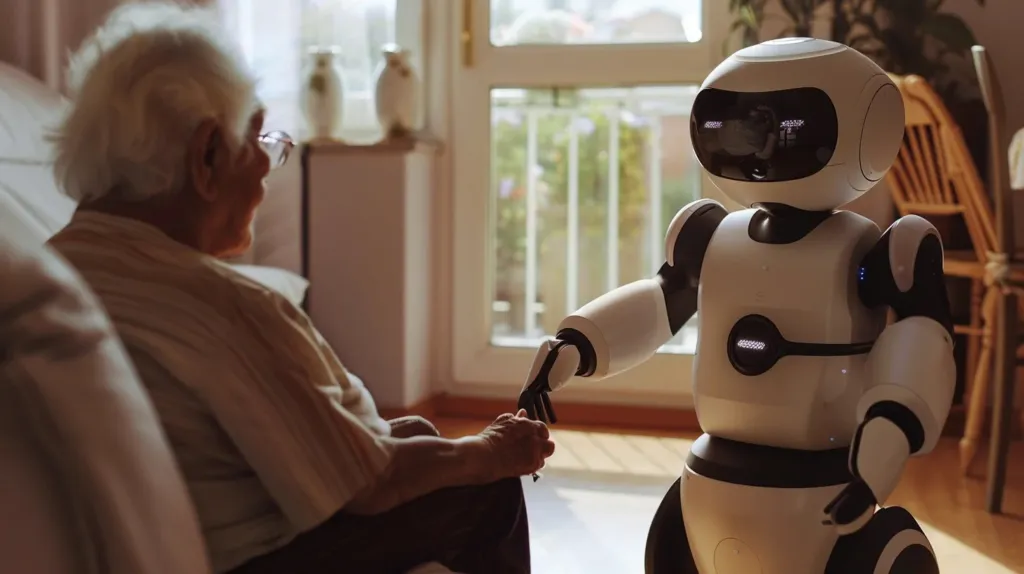
The Future of Human-AI Relationships
Looking forward, AI companions are likely to grow even more sophisticated. With advancements in affective computing, AI will become better at reading and responding to human emotions in real-time. Virtual partners may eventually integrate into daily life through AR, holograms, or wearable devices, offering not just conversation but a continuous emotional presence.
Still, it’s unlikely that AI companions will fully replace human relationships. Emotional growth, mutual vulnerability, and shared experience are fundamental to human bonds—traits AI can only simulate, not live. The future may belong to hybrid models, where AI augments rather than replaces real connection, offering support when humans can’t—but never taking their place entirely.
